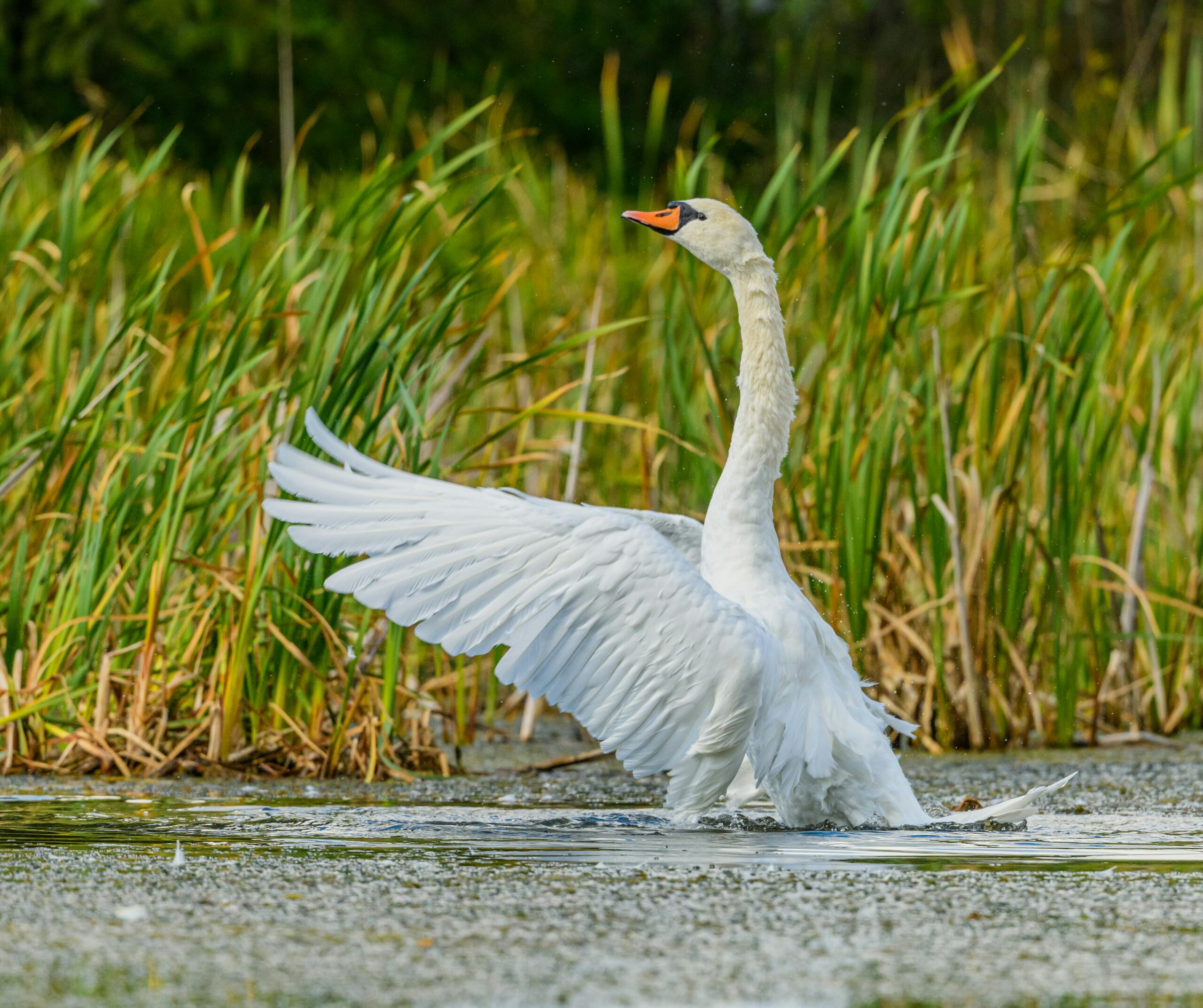A coalition of nature groups (including Wildlife and Countryside Link, Rivers Trust, The Wildlife Trusts and Angling Trust) has released analysis of water company business plans for the next five years, recently given draft approval by Ofwat.
The scorecard recognises much needed commitments and funding increases in many vital areas, but also shows gaps in water protections and spending that need to be filled. Campaigners are calling for much stricter fines for companies for serious pollution incidents over the next 5 years, with all fine funds paid into a Water Restoration Fund, a new ‘green duty’ for Ofwat, and for more prioritisation of sustainable ‘green infrastructure instead of grey infrastructure’.
Ofwat has told water companies that over the next 5 years they can spend £35billion on ‘enhancements’ relating to pollution, water quality, climate change resilience and customer service. This is triple the level of investment in the previous 5 years and includes £10 billion to reduce harm from storm overflows and £545 million on reducing leakage through smart technologies and better data. This is backed up by commitments from almost all companies to achieve zero serious pollution incidents by 2030.
Credit: Petr Ganaj
However, despite this welcome increase in investment and commitments, nature groups are disappointed to see that under the plans, spills from Storm Overflows will still affect 38% of bathing waters and 53% of protected nature areas by 2030. Charities are also concerned that little is being spent on natural infrastructure. Company plans and Ofwat’s draft decisions show companies are relying heavily on expensive concrete infrastructure investment to tackle pollution, water quality and resilience.
Ofwat’s draft decision is that the water industry will spend just 2% of its total budget – 5% of the enhancement budget (£2bn) – on natural solutions. For example, to improve water storage capacity at Wastewater Treatment Works and Storm Overflows to prevent spills, some companies plan to spend nothing on natural solutions, whilst others show more ambition, proposing that almost a third of their spend in this area will be on green solutions.
This is concerning because research has shown that nature-based infrastructure can be up to 50% cheaper and can provide 28% better value for money than traditional ‘grey’ infrastructure. Measures, like the creation of reedbeds and wetlands, can help tackle pollution, water quality, flooding and drought, and can be more cost-effective and long-lasting than concrete and chemical solutions – which could help reduce customer bills in the long-term. They also deliver huge additional benefits – creating new habitat for wildlife, carbon capturing, and providing quality natural spaces for communities to use.
Link to WCL press release
